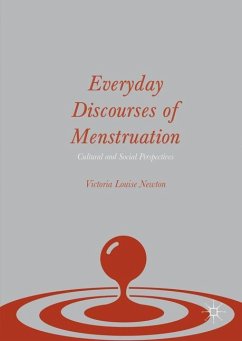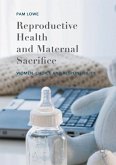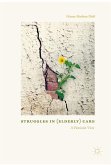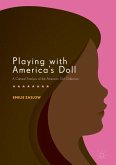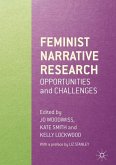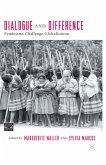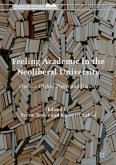Menstruation is a topic which is both everyday and sensitive. From Leviticus to Pliny, to twentieth-century debates around 'menotoxin', to advertising and 'having the painters in', Victoria Newton's book offers a lively and innovative exploration of the social and cultural dimensions of menstruation. Through in-depth interviews with men and women, the book explores the many different ways in which this sensitive topic is spoken about in British culture. Looking specifically at euphemism, jokes, popular knowledge, everyday experience and folklore, the book provides original insights into the different discourses acting on the menstruating body and encourages debate about how these help to shape our everyday attitudes towards menstruation.
"Based on original, empirical research and theoretical perspectives drawn from anthropology, cultural and gender studies and folklore, this is a significant contribution to interdisciplinary studies and to an understanding of the beliefs, norms and practices surrounding menstruation." (The Katharine Briggs Award 2016, Judges' comments on the short listed entries, November, 2016)

